Is Hip-Hop Too Materialistic?
Local emcees offer an alternative to Patrón wishes and Maybach dreams.
ERIC K ARNOLD
Let's face it: many rap songs celebrate, if not downright glorify, materialism. To signify baller status, you're encouraged to have a "Rollie" on your arm like Snoop Dogg, "cashmere thoughts" like Jay-Z, and "mustard & mayonnaise" like E-40. Otherwise, as Too $hort might say, you's a "broke biatch." This trend isn't even a new one; back in the old-school days, Grandmaster Melle Mel exclaimed, it's all about the money/ain't a damn thing funny, Jimmy Spicer shouted out, "dollar bill, y'all," and Trouble Funk succinctly stated, "I need some money."
Eric K. Arnold
Anti-materialist emcee Lateef the Truthspeaker.
Article Tools
The desire for cake, paper, and scrilla isn't limited to hip-hop, by any means; it's surely a reflection of our values as a society. Economics can't easily be avoided in today's economy; the bottom line in America is the bottom dollar, whether we're speaking on Lil' Wayne, Lil' Kim, or Little Orphan Annie. So why should hip-hop be any different?
It shouldn't, says Clyde Smith, webmaster of ProHipHop.com, who's been documenting advertising and marketing trends in urban street culture since 2004. According to Smith, "Marketing's always been a part of hip-hop ... as soon as they started doing shows in the clubs, marketing became a normal part of business, as it does in all fields."
Okay, but it's a big jump from hand-drawn Phase 2 fliers promoting Kool Herc's block parties to 50 Cent's rumored $300 million deal with MySpace. As Smith notes, hip-hop's economic development has been a gradual process. Flashpoints along the way include Run-DMC's endorsement deal with Adidas, Ice Cube's St. Ides commercials, KRS-One's Sprite and Nike ads, Grand Theft Auto: San Andreas' gangsta rap soundtrack, Fitty's link-up with Vitamin Water, and Jay-Z's role as pitchman for Hewlett-Packard.
On some levels, this trend has been progressive. Some of us might recall when Timberland and Tommy Hilfiger were in denial about their urban consumers. "Clearly many companies have come around and now openly court urban markets via hip-hop," Smith says, although the recent flap over Cristal dissing its hip-hop clientele indicates there's still a long way to go.
"Obviously," Smith explains, "hip-hop has impressed marketers or they wouldn't have increased their involvement over the last twenty years." Still, he says, "How much of that is realizing that ghetto culture sells and how much of that is seeing that hip-hop has gone both global and upscale is difficult to sort out."
Cash rules everything around me, the Wu-Tang Clan famously noted. Yet it was not so long ago that Public Enemy told listeners to turn off "Channel Zero" and Boogie Down Productions cautioned to watch out for material love, lest it jump up and snuff you right out from behind.
So where are all the poetic rebellions against mindless materialism urging greater social awareness today? While the Bay Area certainly has its share of ghetto tycoons, inner-city CEOs, and 'hood Hefners, the region also breeds a more thoughtful, decidedly less ostentatious, type of rap artist.
As Lateef the Truthspeaker, a Grammy-nominated member of the Quannum collective, says, "If you look at the political history, there's a real tenacity from the folks who come from the bay." Whether this is due to indie-scene gumption, carryover from the Black Panther and Free Speech eras, or just a willingness to look beyond name-brand labels, Bay Area hip-hop has consistently been an oasis of realism in a desert of Patron wishes and Maybach dreams.
Back in the day, the Mystik Journeymen made "unsigned and hella broke" a rallying cry for backpack emcees and warehouse squatters everywhere. Likewise, the Coup are quite possibly the only rap group ever to make songs about not having health care ("Breathing Apparatus"), being a pedestrian ("Cars & Shoes"), and shoplifting ("I Love Boosters"). And despite Lyrics Born outing himself as a "sneaker ho" recently, the Quannum collective has built a solid legacy of anti-materialist and/or socially-aware fare like "The Last Trumpet" and "Deception" — the antithesis of the "I Get Money" mentality typified by corporate-approved gangsta rappers.
On "Status Symbol," a tune from local supergroup The Mighty Underdogs' debut EP The Prelude, Lateef and Gift of Gab outline the problems of consumerism. As Gab puts it: Forever spending pretending you're good within when the feeling depends on how much does it cost?/It's just an image the tel-i-vision's presenting to get you stressing on how you are coming across.
Not to be outdone, Lateef proclaims: The operation in fact is that consumers react/to what they see in the ads/And all the fads and examples that propel and attract us/Really, I mean/Nothing's any different/A whole number of factors/Make baby girl act up/When she sees the Bulova time that she's always wanted/But jacked up she cant get that Prada jacket to flaunt it.
Lateef says the song was inspired by a trip to Italy he recently took with his girlfriend. While browsing a local boutique, she eyed a handmade, exquisitely tailored leather jacket. After considering a purchase for a second, she put it down, remarking she'd rather have a Louis Vuitton. "Oh, you want the status symbol," the shopkeeper replied.
The incident "hit me on a deep level," Lateef recalls. To him, the issue wasn't necessarily money, but the perception of "value not based on quality. ... A lot of people got lost in that." The "most damaging part," he says, is the image of perceived wealth as opposed to actual wealth — as anyone with a maxed-out credit card or looming foreclosure can likely attest.
All segments of American society are affected by consumerism, but "hip-hop in general ... has gotten exploited the hardest," Lateef maintains. This has created a situation where "people are really living outside and way beyond their means. It's something that's not really necessary."
At the end of the day, the reality for hip-hop's original, core audience — residents of inner-city urban areas — is that status ain't 'hood, and vice versa. No matter how much Evisu and LRG gear you rock, looking flossy won't correct the economic disparities inherent within the strata of American society. Sure, green jobs for everyone would be nice, but most people living in economically underdeveloped urban areas could use jobs, period. And despite the hip-hop generation's independent entrepreneurship, large corporations have pocketed far more dough than your average artist, no matter how successful.
There's likely no end in sight to bling — even a magazine like Ozone, whose recent "Drug Issue" took a cold, hard look at illegal substances and their impact on urban communities — runs ads for iced-out grills, medallions, and bezels. Yet it is comforting to know that not all rappers are caught up in the materialist mind-set. Maybe there's still hope for hip-hop — and us all.
I am agreeing with Nas when he stated "Hip Hop is Dead". I think every genre from "bling" to "politics" has been covered by hundreds of mc's and dj's. Suburban kids aren't fooled anymore and quite frankly do not care about street cred or how much "platinum" chains you have, because Generation Y seems to be more motivated about the environment or technology. Mc's have to be more creative or just be themselves. Hip Hop needs to go back to its roots and stay underground in order for it to survive. House took a brief hiatus ever since the club anthems of the early 90's and now is coming back rawer than ever. With the popularity of the series "the Wire" I hear B-more club tracks are infilitrating the West Coast. Quite frankly the radio stations that have been bought by the giants, close our ears to a lot of other different formats of "urban music" that we haven't heard yet. I remember when both Cormega and Big L ripped mics on the Wakeup Show and they played Cocoa Brovas "Black Trump" on CMC. Wild 94.9 used to have St. John's House Nation or Thump Radio, but those shows are gone as well. Henceforth, the radio stations need underground programming tafter 12 midnight again to help promote good hip hop artists such as the Grouch, Living Legends,Little Brother, Jr Writer , Binary Star, Papoose or 9th Wonder.
Tuesday, November 11, 2008
Subscribe to:
Post Comments (Atom)

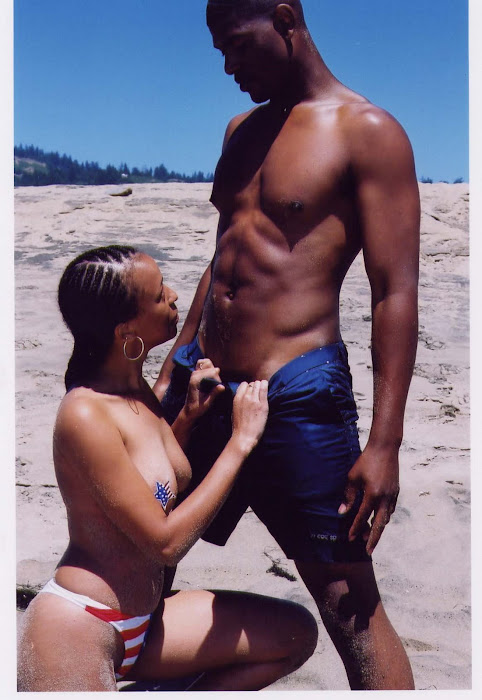











































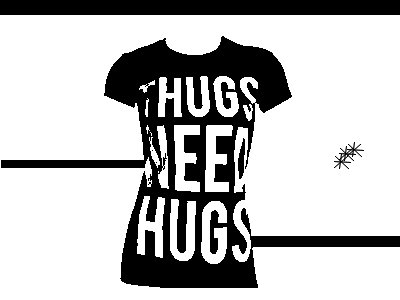




















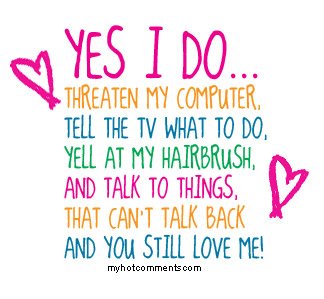









































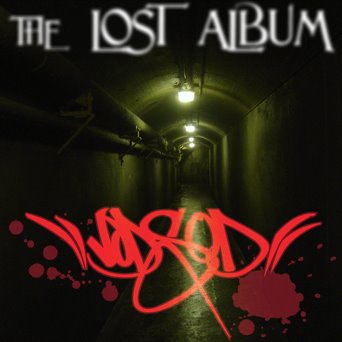




















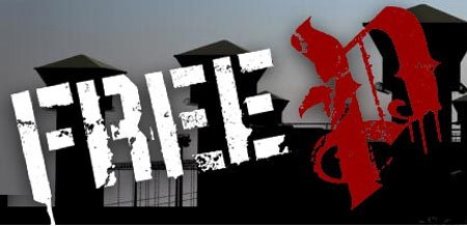















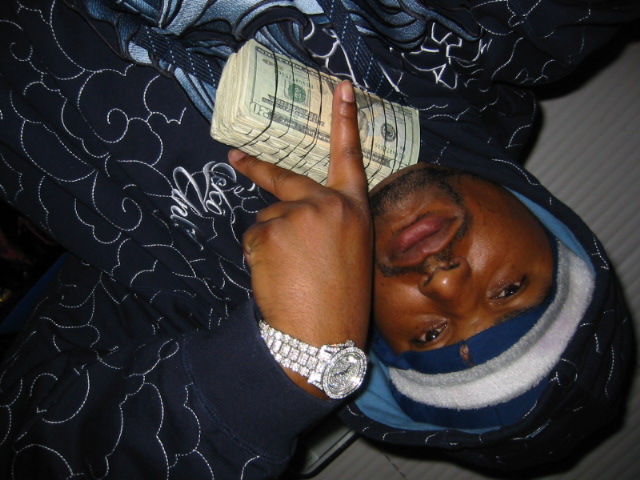

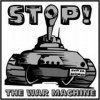



































































































.jpg)
















































































































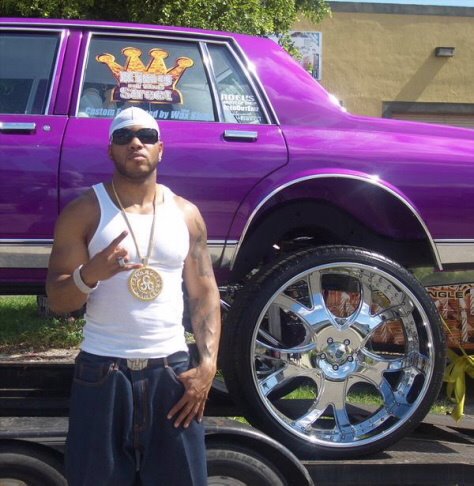

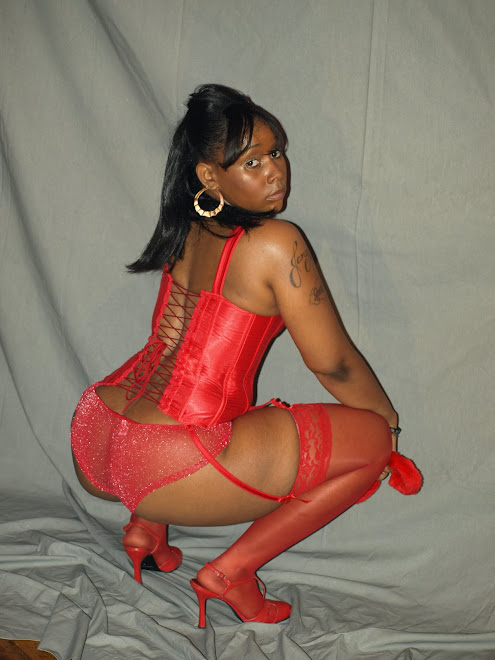





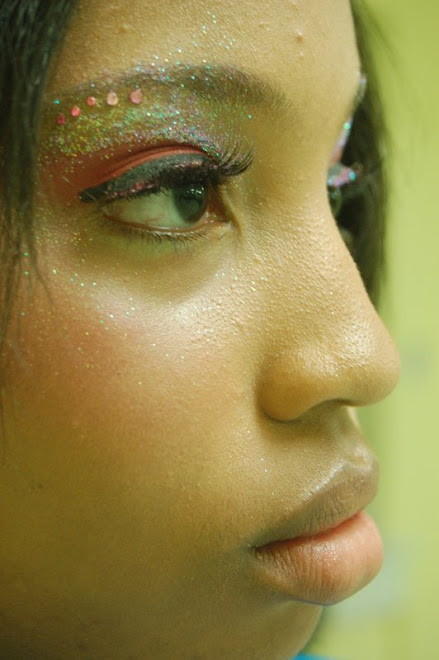


























































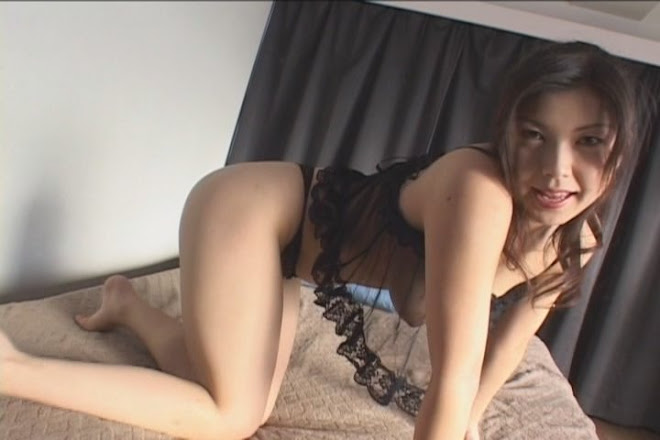









































































































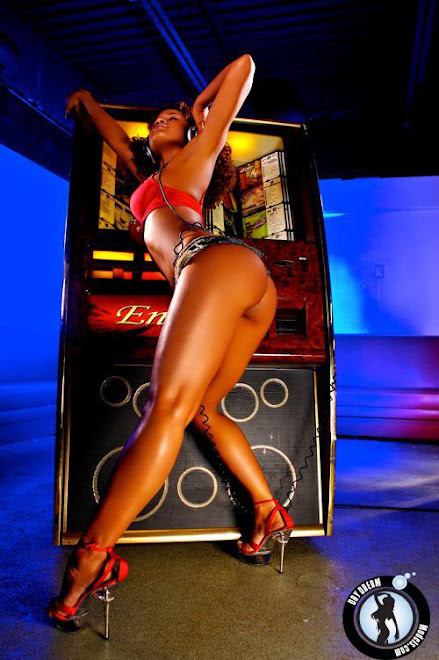



































































































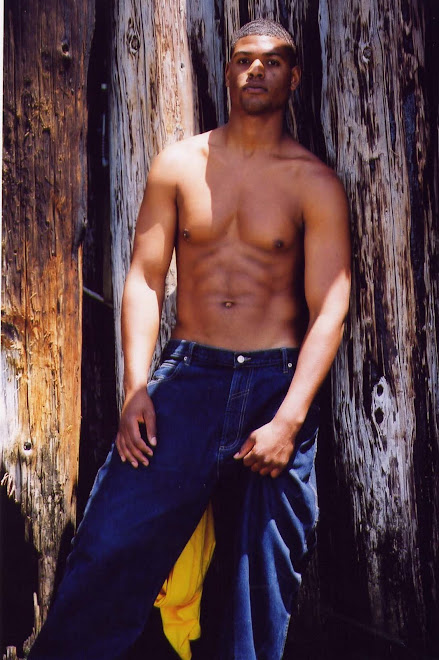

























































































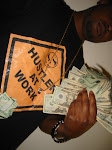
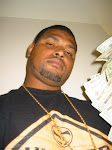
















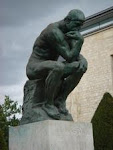











































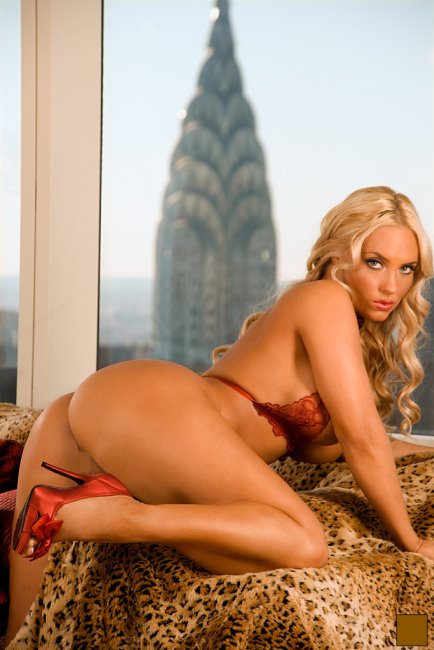














































































No comments:
Post a Comment